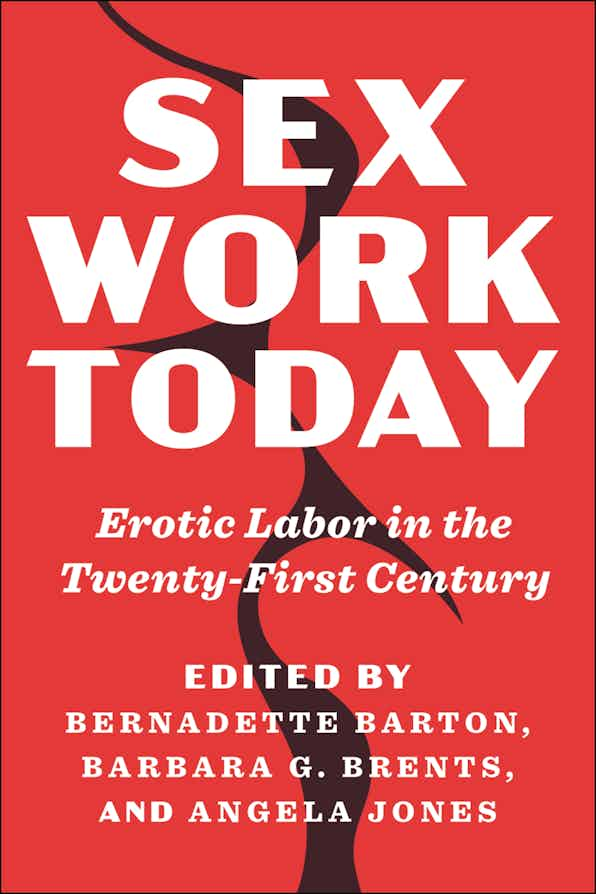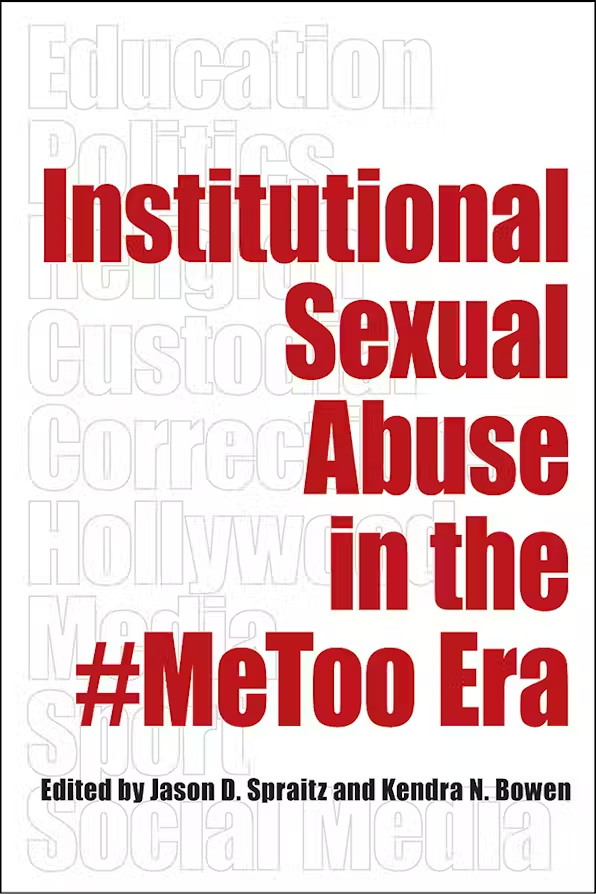Sex Work Today – Erotic Labor in the Twenty-First Century
Featuring thirty-one original essays by sex workers, advocates, researchers, and activists, Sex Work Today is the first compilation of research on new forms of digital sex such as camming, sugar dating, and AI sex dolls. Providing a lens to understand contemporary labor dynamics and the nature of sex work itself, this collection captures formerly ignored aspects of the sex industry including: fatphobia and disability; transmasculine and nonbinary sex workers; racialized emotional labor in the digital sex industry; high job satisfaction among professional dominatrixes; and sex worker scholars.


